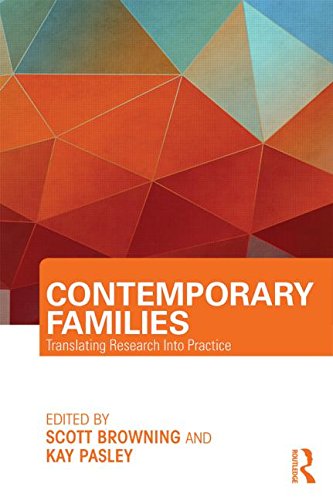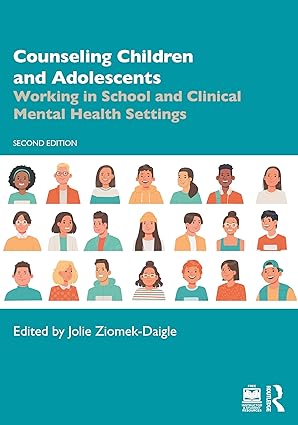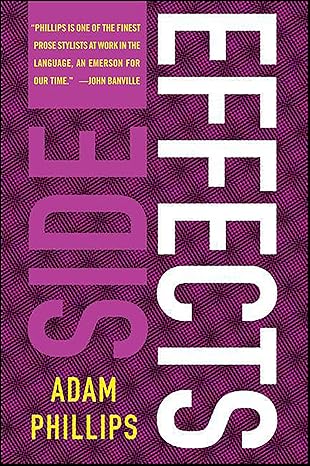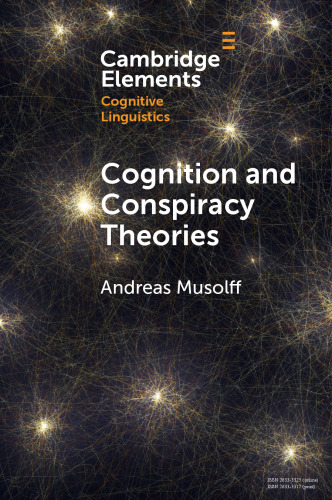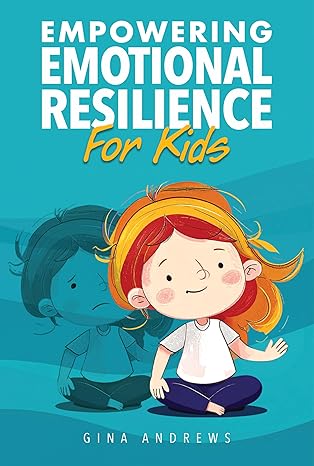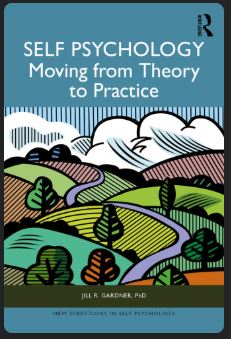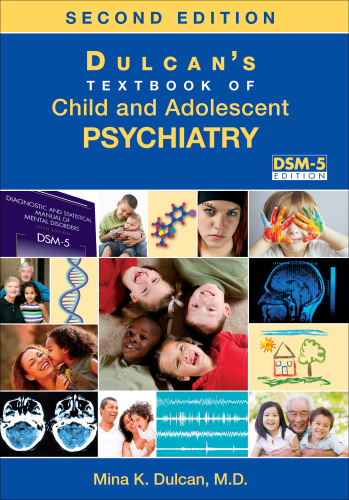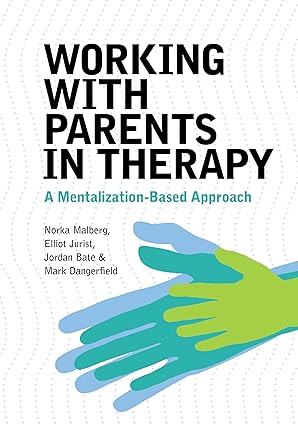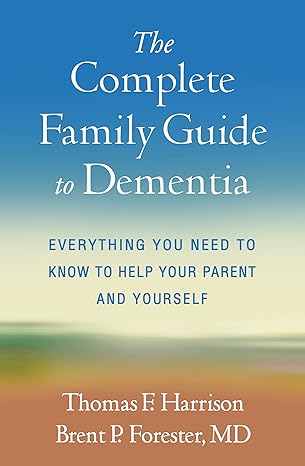When deciding to collaborate on this project, we set out with a specific goal to create a dialogue between two groups of professionals: those who primarily engage in research and those who primarily engage in therapy. Those who study families and those who train therapists and/or provide therapy acknowledge that researchers and mental health professionals have generally done a poor job establishing and fostering ongoing dia- logue. Research on family issues is most useful when it changes mistaken beliefs, provides new insights and understanding, or can be practically applied. On the other hand, mental health professionals need research to create benchmarks so family situations are understood within their broader context. In addition, outcome research can show the effective- ness of certain therapeutic interventions. In other words, clinical inter- vention without research findings that offer a point of reference is seen as suspect. In practice, researchers link their findings with basic clinical insights to establish that practical implications can emerge from their work, whereas mental health professionals pursue credibility by citing relevant research in the field. One might speculate as to why researchers and mental health pro- fessionals do not have more robust, useful interactions. Professional organizations and activities may be partly responsible for such missed opportunities. For example, conferences are considered the flagship meet- ings that bring together professionals in the field for education about the most recent advances, and they are generally aimed at one population or another. The annual convention for members of the American Psy- chological Association (APA) is largely dedicated to those who identify primarily as psychologists in the academy and/or engage in psychological research. Only 8 of the 55 divisions of APA attend to the needs of mental health professionals (e.g., Division 12, Clinical Psychology, Division 29, Psychotherapy), and Division 43, Family Psychology, is the lone division with a stated goal of bridging science and practice. The flagship organiza- tion for family researchers is the National Council for Family Relations (NCFR). This organization is largely dedicated to those from multiple disciplines who share a common focus on family-related research, policy, I N T R O D U C T I O N 2 and practice. Members primarily include those associated with the acad- emy, and those who are practicing professionals associated in agencies and organizations that provide services to families, including a variety of men- tal health professionals. These conferences are understandably research centered, and although there is a recognition of therapeutic issues (e.g., APA’s Division 29 or NCFR’s Family Therapy Section), research presen- tations define these meetings. On the clinical side, the annual conference of the American Association of Marriage and Family Therapy (AAMFT) is dominated by clinically relevant workshops and presentations with a clear deference to any “hard science” support of intervention. The Amer- ican Family Therapy Academy (AFTA) attempted, without success, to create a merger between research and practice in small regional meetings, but the annual conference remains almost entirely oriented toward clini- cal practice
چکیده فارسی
هنگامی که تصمیم به همکاری در این پروژه میگیریم، با یک هدف خاص شروع به ایجاد گفتوگو بین دو گروه از متخصصان کردیم: کسانی که عمدتاً درگیر تحقیق هستند و کسانی که عمدتاً درگیر درمان هستند. کسانی که خانوادهها را مطالعه میکنند و آنهایی که درمانگر تربیت میکنند و/یا درمان ارائه میدهند، اذعان دارند که محققان و متخصصان سلامت روان عموماً در ایجاد و تقویت گفتوگوی مداوم کار ضعیفی انجام دادهاند. تحقیق در مورد مسائل خانوادگی زمانی بسیار مفید است که باورهای اشتباه را تغییر دهد، بینش و درک جدیدی ارائه دهد یا عملا قابل استفاده باشد. از سوی دیگر، متخصصان سلامت روان برای ایجاد معیارهایی نیاز به تحقیق دارند تا موقعیتهای خانوادگی در چارچوب وسیعترشان درک شوند. علاوه بر این، نتایج پژوهش می تواند اثربخشی مداخلات درمانی خاص را نشان دهد. به عبارت دیگر، مداخله بالینی بدون یافته های پژوهشی که نقطه مرجعی را ارائه می دهد، مشکوک تلقی می شود. در عمل، محققان یافتههای خود را با بینشهای بالینی پایه پیوند میدهند تا ثابت کنند که پیامدهای عملی میتواند از کارشان بیرون بیاید، در حالی که متخصصان سلامت روان اعتبار را با استناد به تحقیقات مرتبط در این زمینه دنبال میکنند. شاید بتوان اینگونه حدس زد که چرا محققان و متخصصان سلامت روان تعاملات قوی تر و مفیدتری ندارند. سازمان ها و فعالیت های حرفه ای ممکن است تا حدی مسئول چنین فرصت های از دست رفته باشند. برای مثال، کنفرانسها به عنوان جلسات شاخصی در نظر گرفته میشوند که متخصصان این حوزه را برای آموزش در مورد آخرین پیشرفتها گرد هم میآورند و عموماً برای یک جمعیت یا جمعیت دیگر هدف قرار میگیرند. کنوانسیون سالانه اعضای انجمن روانشناسی آمریکا (APA) عمدتاً به کسانی اختصاص دارد که عمدتاً به عنوان روانشناس در آکادمی شناخته میشوند و/یا درگیر تحقیقات روانشناختی هستند. تنها 8 بخش از 55 بخش APA به نیازهای متخصصان بهداشت روان رسیدگی می کنند (به عنوان مثال، بخش 12، روانشناسی بالینی، بخش 29، روان درمانی)، و بخش 43، روانشناسی خانواده، تنها بخش با هدف اعلام شده پل زدن علم و دانش است. تمرین. سازمان برجسته برای محققان خانواده، شورای ملی روابط خانوادگی (NCFR) است. این سازمان عمدتاً به افرادی از رشتههای مختلف اختصاص داده شده است که تمرکز مشترکی روی تحقیقات مربوط به خانواده، سیاستگذاری، I N T R O D U C T I O N 2 و تمرین دارند. اعضا در درجه اول شامل کسانی هستند که با آکادمی مرتبط هستند، و کسانی که متخصصان حرفه ای مرتبط در آژانس ها و سازمان هایی هستند که به خانواده ها خدمات ارائه می دهند، از جمله انواع متخصصان بهداشت روان. این کنفرانسها بهطور قابلتوجهی پژوهش محور هستند، و اگرچه شناختی از مسائل درمانی وجود دارد (به عنوان مثال، بخش 29 APA یا بخش خانواده درمانی NCFR)، ارائههای تحقیقاتی این جلسات را تعریف میکنند. از جنبه بالینی، کنفرانس سالانه انجمن ازدواج و خانواده درمانی آمریکا (AAMFT) تحت سلطه کارگاهها و ارائههای بالینی مرتبط با احترام آشکار به هرگونه حمایت «علمی سخت» از مداخله است. آکادمی خانواده درمانی آمریکایی (AFTA) بدون موفقیت تلاش کرد تا ادغام بین تحقیق و عمل را در جلسات کوچک منطقه ای ایجاد کند، اما کنفرانس سالانه تقریباً به طور کامل به سمت عمل بالینی متمرکز است
ادامه ...
بستن ...
Author(s): Scott Browning, Kay Pasley
Series: Family Therapy and Counseling
Publisher: Routledge, Year: 2015
ISBN: 0415711630,9780415711630
ادامه ...
بستن ...
